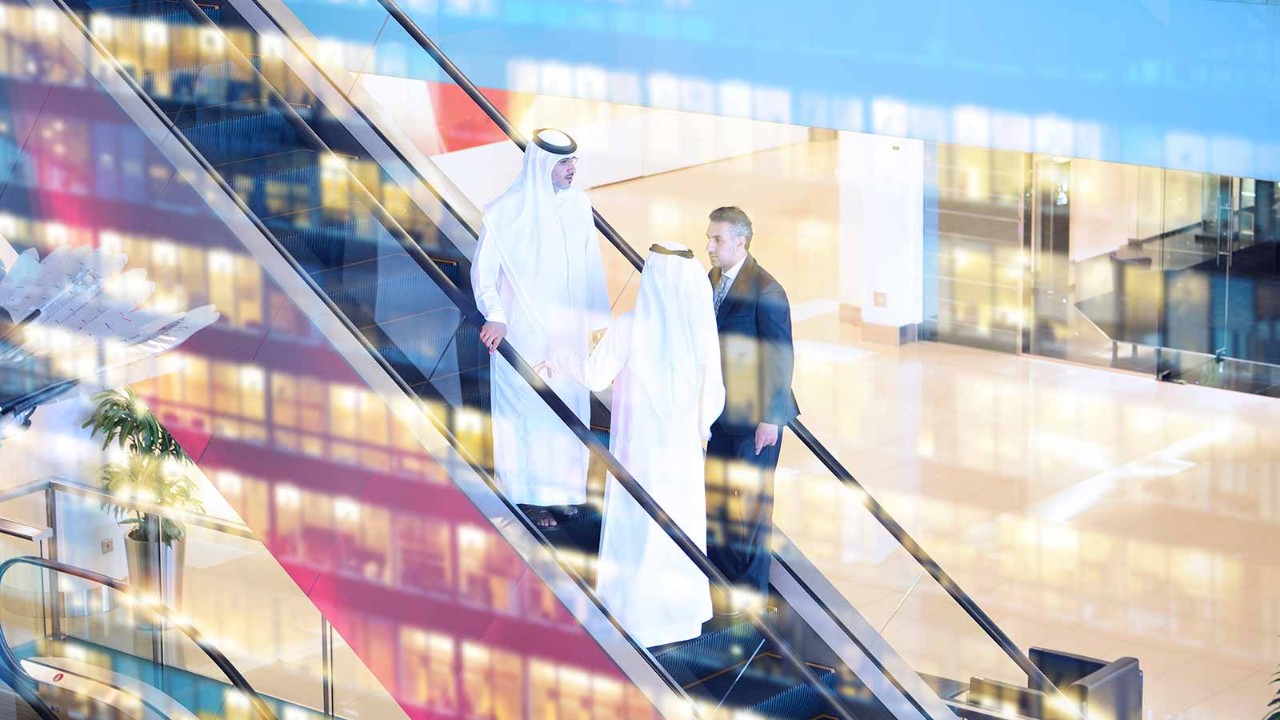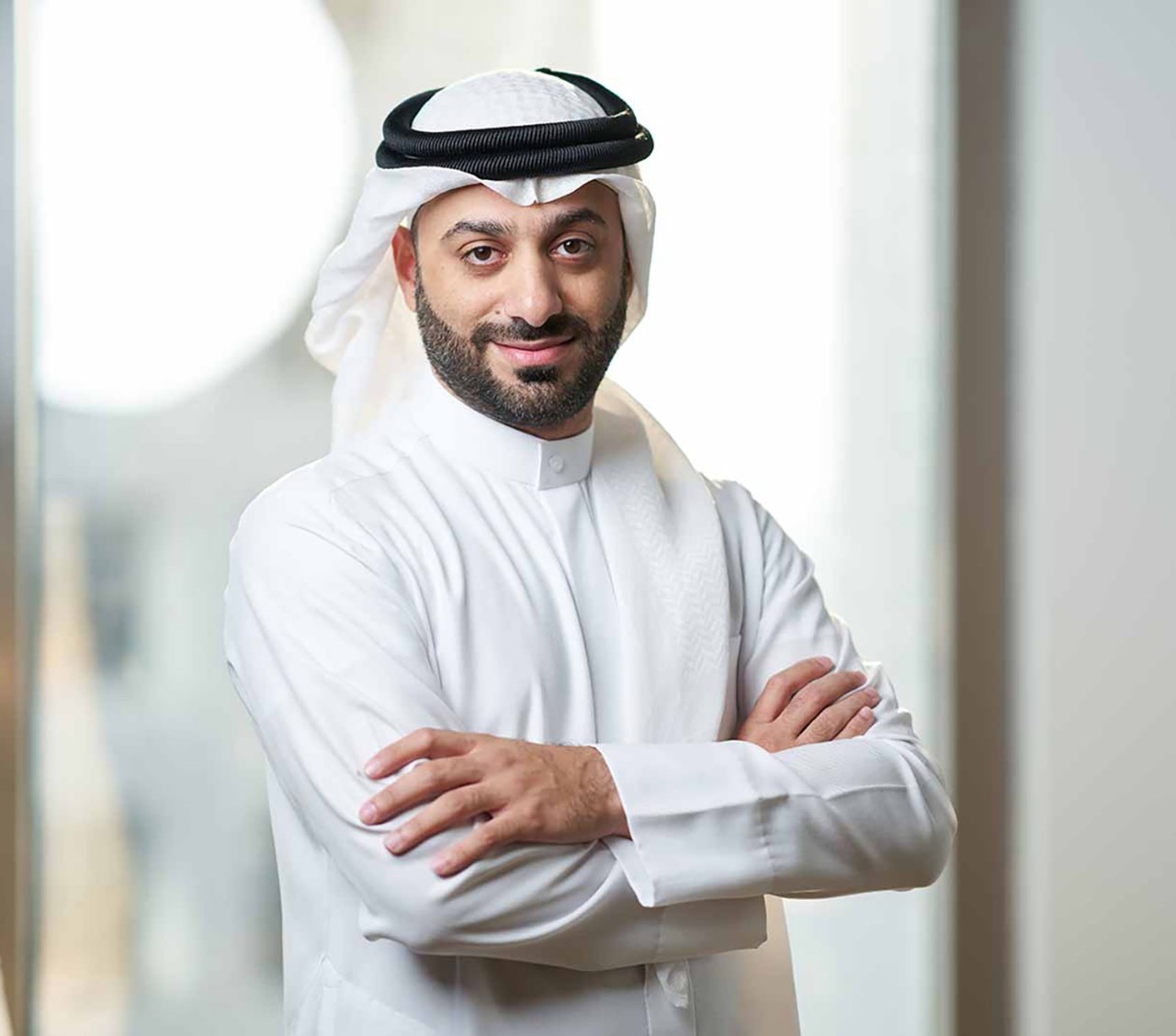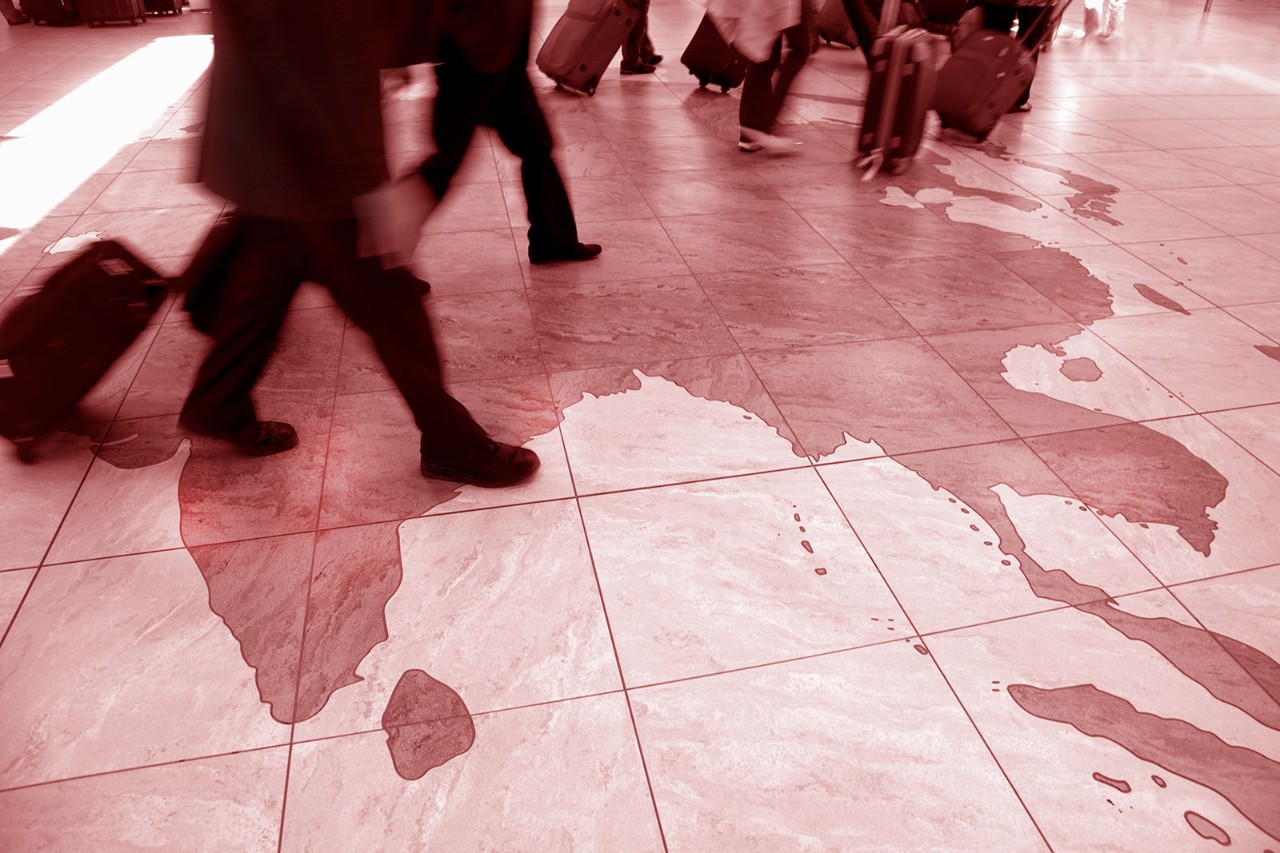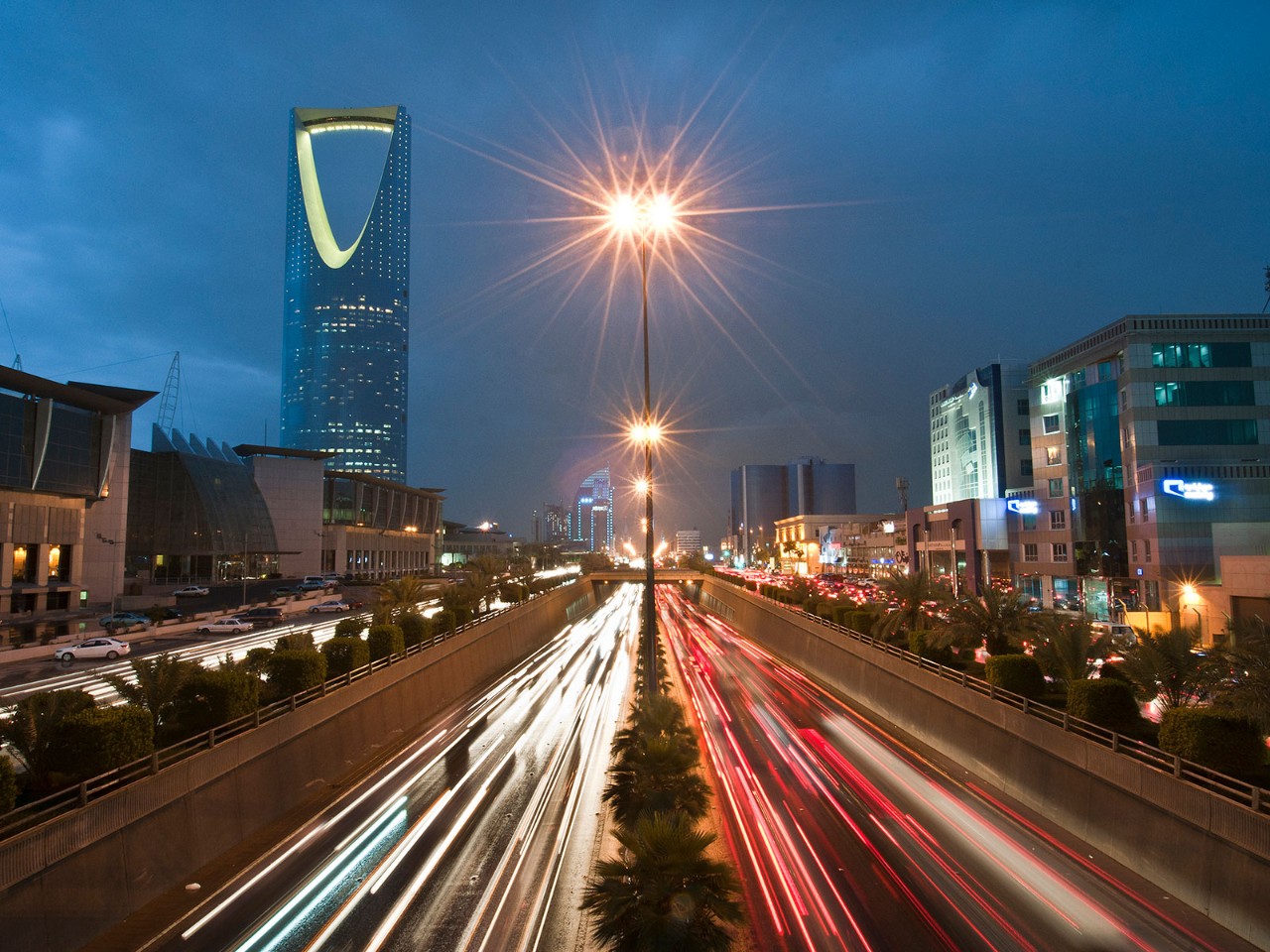
As is fitting for a world of secrecy and black arts, the true scale of global money laundering is hard to grasp.
According to the United Nations Office on Drugs and Crime, the amount of money laundered globally each year is 2%–5% of global GDP – somewhere between US$800bn and US$2 trillion. In the UK, the National Crime Agency reckons that over £100bn in illicit funds pass through the country a year, while in the US it is said to be US$300bn.
These are huge numbers, but the Basel Institute of Governance’s AML Index shows that the countries at highest risk are in Africa and the Middle East. According to the index, Jordan ranks at 41 for money-laundering risk out of the 110 nations ranked, Egypt 58, Saudi Arabia 60 and Bahrain 85. The United Arab Emirates is the worst Middle East performer of all, with a ranking of 32.
‘The UAE must take urgent action to effectively stop the criminal financial flows it attracts’
Neighbours get into AML line
Saudi Arabia. In July the UAE and Saudi agreed to combat terrorist financing by exchanging expertise and fostering closer co-operation and communication. And in August, a Saudi court confiscated SAR140m (US$37m) from four individuals found transferring illegal funds outside the kingdom and jailed the gang for 24 years.
Bahrain. In March, the public prosecutor sued 13 Iranian banks, including the central bank, for their part in a US$1.3bn money-laundering scheme that funded terrorist groups.
Pakistan. The government is considering transferring the investigation and prosecution of AML cases from the police to specialised agencies.
Praise – and a warning
Last April, the Financial Action Task Force (FATF) commended the UAE for strengthening its legal framework to fight money laundering and terrorist financing, but warned that the country’s role as a major global financial centre and trading hub meant it ‘must take urgent action to effectively stop the criminal financial flows it attracts’.
The FATF added that the UAE's strategic geographical location between continents, proximity to conflict zones and its own jurisdictional complexity of seven emirates, two financial free zones and 29 commercial free zones further increased its risk. The country’s understanding of those risks, it added, was only ‘emerging’, while the limited number of money-laundering prosecutions and convictions in the country was a further concern.
Big moves
Over the past 12 months, the UAE has made some very positive moves on anti-money laundering (AML) and countering the financing of terrorism (CFT). The central bank has issued new guidelines on AML for financial institutions, designated non-financial businesses and professions. The guidelines instruct them to ‘develop, implement and regularly update an appropriate sanctions compliance programme encompassing a robust risk assessment, screening process and staff training programme’.
The country has also set out a national action plan on financial crime, which will be overseen by a new Executive Office to Combat Money Laundering and Terrorist Financing. Its responsibilities include improving national and international coordination and cooperation on AML/CFT issues at the policy and operational levels, and working with regional and international groups including the G20 to tackle AML/CFT threats.
Earlier this year, targeted business were asked to register with the Financial Intelligence Unit and align with AML laws, while the Ministry of Economy began inspection campaigns for designated non-finance businesses and professionals such as auditors. In June, over 500,000 UAE businesses were told to immediately disclose their ultimate owners or face penalties, while a new court in Dubai was established to focus on financial crimes and money laundering.
The new regulations are particularly important for smaller companies without adequate due diligence procedures
In January, the central bank imposed fines totalling AED46m on 11 banks operating in the UAE for ‘failures to achieve appropriate levels of compliance regarding AML and sanctions compliance frameworks’. And in August, 40 individuals and eight companies were fined a total of AED1.2bn (US$325m) for fraud and money laundering.
Enforcement
‘The UAE can have all the AML regulations that they want, but unless companies recognise the need to comply and act to mitigate enforcement risks it’s not going to mean much,’ says Zara Merali, senior associate at law firm Freshfields Bruckhaus Deringer in Dubai. ‘That real enforcement is certainly happening, and pressure is being placed on companies to make changes and comply.’
Merali believes larger businesses have been aware for some time of the reputational and legal risks that go with being associated with financial crime or terrorist cash. The new regulations are particularly important for smaller and medium-sized companies without adequate due diligence procedures in place or the technical expertise to track money laundering across different states.
‘Compliance can be laborious. Automation can free up staff to look out for the real risks’
According to a 2016 PwC report, over 20% of financial services companies in the Middle East had not conducted AML risk assessments across their global footprints and 35% cited data quality challenges.
‘As there is more publicity around enforcement in the UAE, smaller, family-owned and medium-sized companies will get better at checking who the vendors are, putting compliance at the top of agendas, and strengthening audit functions,’ Merali says.
Artificial intelligence
Businesses are also embracing regtech, according to Greg Watson, chief operating officer at Napier. His firm provides AI-powered anti-financial crime compliance solutions and opened an office at the Dubai International Finance Centre this summer.
‘You had companies operating in the free zones with relatively limited scrutiny on checks such as know-your-customer,’ Watson says. ‘There have also been cultural issues around source of wealth, but there has been a fantastic response from government. It is pulling in firms like ourselves to embed and facilitate the improvements.’
Watson adds that there is a particular demand for automation. ‘Compliance can be laborious, and you can open yourself up to error,’ he says. ‘Automation can free up staff to sort through the huge volumes in this region and look out for the real risks.’
He also calls for more collaboration across the GCC to combat some of the ‘bad actors’ and activities in the region.
Merali believes there will be more co-ordination across the seven emirates in the months ahead around technical procedures and information sharing. She also expects more of the financial free-zones such as the DIFC to take the lead in complying with the federal regime.
If the UAE wants to be a modern-thinking business hub, it needs to make AML compliance a business-as-usual activity. After ticking plenty of those boxes this year, it looks well on the way to that goal.




